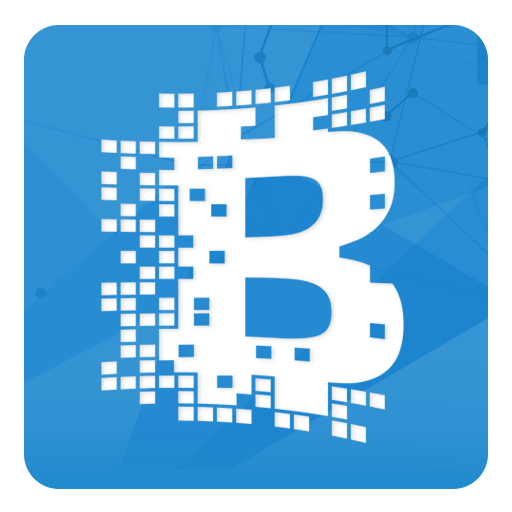Technology
Watchdog Becomes First US Regulator To Join R3 Blockchain Consortium

Illinois' financial regulator has jumped on the blockchain bandwagon.
Illinois’ regulator has joined forces with the blockchain
consortium spearheaded by R3, as financial watchdogs worldwide
grapple with the emerging technology in a bid to better
understand its opportunities and risks.
The Illinois Department of Financial and Professional Regulation
will collaborate with the syndicate’s member base of around 80
financial institutions to develop blockchain-based applications
that are scalable and secure enough to facilitate financial
industry processes.
While R3’s members include the Bank of Canada and Hong Kong’s
Securities and Futures Commission, this marks the first time a US
regulator has joined.
“As Illinois’ financial regulator, we are committed to embracing
the potential that distributed ledger technologies bring to our
financial institutions,” secretary Bryan Schneider said. “Its
potential to dramatically lower transactional costs, automate
manual processes, and reduce opportunities for fraud and risk are
truly promising. Through our collaboration with R3, we look to
provide the support necessary to ensure the commercial and social
viability of this emerging technology.”
Illinois, home to large Chicago-based exchanges and trading
firms, is a leading global hub for derivatives trading.
Blockchain technology, a virtual distributed ledger of
transactions shared peer-to-peer, can record ownership across a
public network of computers rendered tamper-proof by advanced
cryptography. It is already known as the platform for the
controversial digital currency bitcoin, even though it is only
one of several hundred applications that use blockchain
technology.
The technology is causing a stir within the financial services
sector as its supporters believe it could reduce hidden expenses
in the financial system by ousting inefficiencies across areas
such as payments, syndicated loans and equity clearing.
Financial institutions across the world are ramping up
investments into blockchain in the hope that it will streamline
various elements of their businesses. But last year, a wave of
big banks including Goldman Sachs, Morgan Stanley, Santander and
National Australia Bank
abandoned the R3 project before its first round of funding
commenced.
R3 lowered the amount it aimed to raise from $200 million to $150
million in its first round of equity funding. The start-up
planned to give members a 60 per cent stake in exchange for the
capital. But Goldman Sachs, one of the consortium’s founding
members, baulked at being asked to contribute alongside a
plethora of other investors. A source close to the process at
Goldman Sachs last November told this publication the group
became “saturated” as new members poured in, which resulted in a
lack of headway being made and the project’s prospects became
“unrealistic”.
Still, the R3 consortium is continuing to pique the interests of
financial institutions and their regulators, particularly in
countries that are seeking to place themselves at the forefront
of financial innovation.
Earlier this week, the
Monetary Authority of Singapore said it was ready to begin
testing whether cross-border payments could be carried out using
blockchain-based technology after it completed a successful
pilot for conducting interbank payments. In collaboration with
the R3 consortium, the city-state’s watchdog built a digital
version of a Singaporean dollar for interbank settlement. During
the trial, the technology was used to connect bank
infrastructures to a shared ledger, which was made to gel with
the country's electronic payment system, and this in
turn automated the management of collateral.
Now the proof-of-concept has been completed, MAS is looking to
establish blockchain-based solutions that will facilitate
cross-border payments to settle directly using central bank
accounts.
“MAS is in the early stages of discussions to develop links from
Singapore to other countries using distributed ledger technology
to allow cross-border payments to settle directly using central
bank accounts,” the regulator said in a statement.